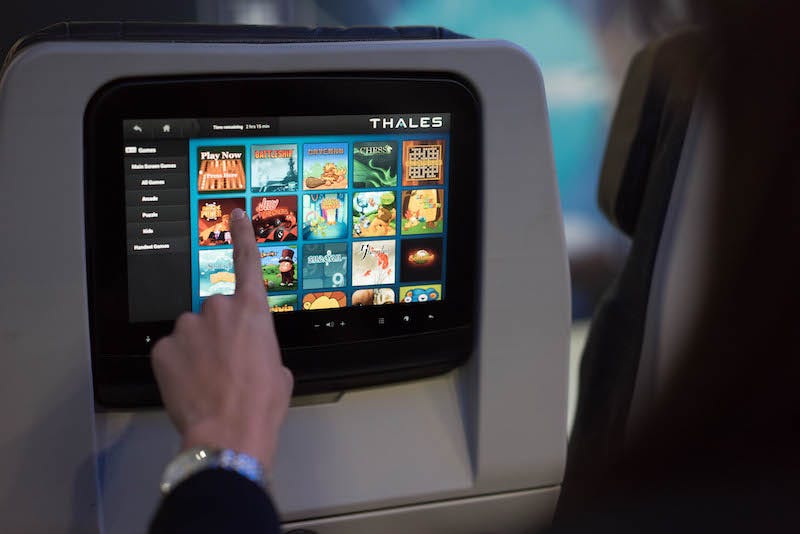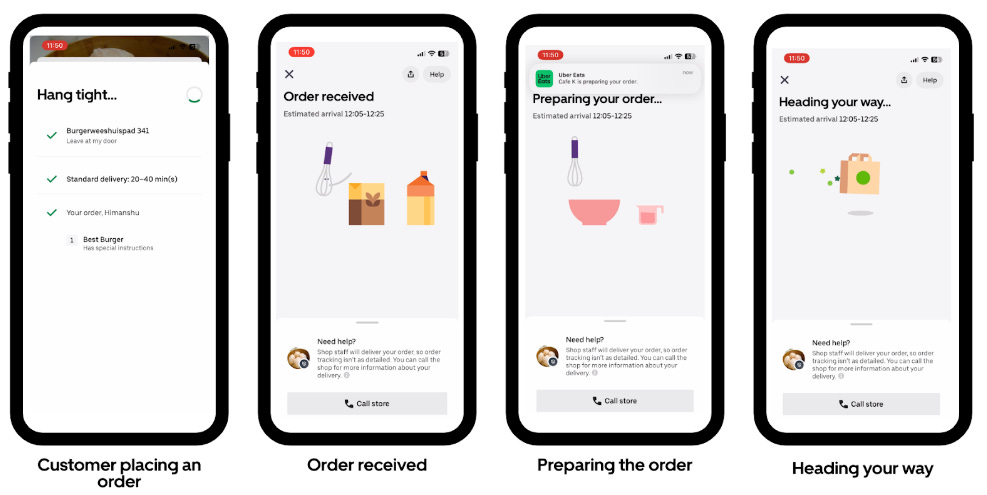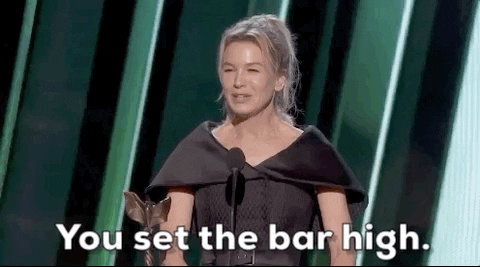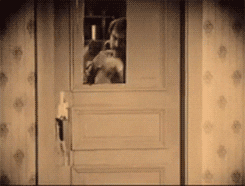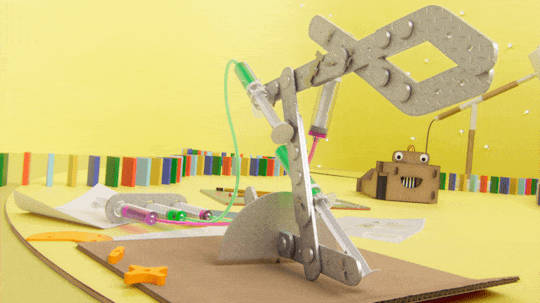The Ripple Effect of a Positive Experience
Why your real competitors aren’t who you think they are.
Previously on Giuseppe’s Glimpse: In the last episode, an old ritual in Ystad, Sweden, sparked a reflection on identity, continuity, and what’s truly worth keeping—in life and in business. Missed it? Catch up here! ✨
Buongiorno everyone! 👋
Over the past few weeks, I’ve been traveling extensively across Latin America, Europe, and the Middle East to give my keynotes. Different audiences, different airports… and almost always the same underwhelming in-flight entertainment experience.
You know that moment when you start interacting with the screen in front of you—outdated interfaces, laggy touchscreens, trailers instead of real previews, and barely any guidance on what to watch. 🎬
It’s not just the technology that feels off. It’s the entire experience—it feels like it’s been frozen in time, designed for a passenger from another decade.
And yet, most airlines are like this. So why does it still frustrate us so much? 😤
Because we no longer measure experiences in isolation.
Once we’ve seen how smooth, elegant, and user-friendly things can be, anything less feels like friction—even when our expectations weren’t that high to begin with.
Great experiences raise the bar. And that bar travels with us—across categories, sectors, and industries. ✈️
Great experiences don’t stay in their lane
Our expectations are increasingly cross-industry. We don’t just compare one airline to another—we compare this moment to the best experience we’ve had lately, no matter where it came from.
Amazon shows you “what people like you also bought” and helps you decide in seconds. ⚡ So when you walk into a physical store and find no staff, no product comparisons, and no reviews? It’s not “fine for retail”. It’s broken.
Booking.com gives you live updates on your reservation, suggestions for nearby attractions, and frictionless check-in. 🏠 So when you buy a luxury watch online and get a generic confirmation email—and nothing else until the package arrives—you wonder why they can’t keep you informed.
Or take Uber and its real-time arrival tracker. When your customer orders catering for their event and has to call three different people just to find out if the food is coming... 📞 it’s not just an inconvenience. It’s a disappointment—because they’ve seen what’s possible.
Experiential standards are being set by the best players in any category. And once raised, they rarely drop back down.
The brain’s quiet recalibration
Here’s where it gets interesting. Our brains 🧠 are not built to linger in satisfaction. We don’t sit around marinating in a great checkout flow or a helpful chatbot.
We absorb it. Then we expect it. Then we forget it was ever different.
It’s called hedonic adaptation—and it’s why delight has an expiration date. Once we’ve had a positive experience, it doesn’t become a nice bonus. It becomes the baseline. 📏
That’s why an airline entertainment system can annoy you even if you weren’t looking forward to it in the first place. Because you’ve already been trained—by Netflix, by Spotify, by YouTube—to expect personalization, previews, and control.
This isn’t about unreasonable customers. It’s about how the brain works. ⚙️
We don’t mentally separate industries. We remember feelings—and we expect them to travel with us.
The real benchmark is emotional
So what happens when companies benchmark only within their industry? 📊
They risk optimizing for irrelevance.
A bank might proudly tout that its app is “the best among traditional banks”—while its customers are silently wondering why it feels nothing like Revolut.
A hotel chain might focus on how it compares to its usual competitors 🏨—while a guest is wondering why the room key process isn’t as seamless as their coworking pass or airline boarding experience.
The question is not: “How do we stack up against similar brands?”
The question is: “How does this make the customer feel, compared to the best thing they’ve used all week?” ✨
Because that’s the new benchmark. And it’s moving.
Designing for human experience, not market share
Customers don’t always remember the details. But they always remember how something made them feel. 💭
Were they in control? Was it simple? Did it feel smart, anticipatory, even generous?
These aren’t industry-specific metrics. They’re emotional ones. ❤️
Because in the end, every great experience sends ripples outward—shaping how we judge everything that follows.
So the next time you’re tempted to look sideways at your competitors, ask yourself:
Are we designing around our needs—or around the seamlessness people expect from Apple or Airbnb?
Do we offer the real-time clarity customers now take for granted from Booking.com or Uber? 📲
Are we assuming expectations stay in our lane—or realizing they’re shaped by the best, everywhere?
Because the companies redefining your customer’s expectations might not be in your sector. But they’re already in the room.
Stay curious! 🙌
-gs
Oh, wow! You made it to the end. Click here to 👉 SHARE this issue with a friend if you found it valuable.



